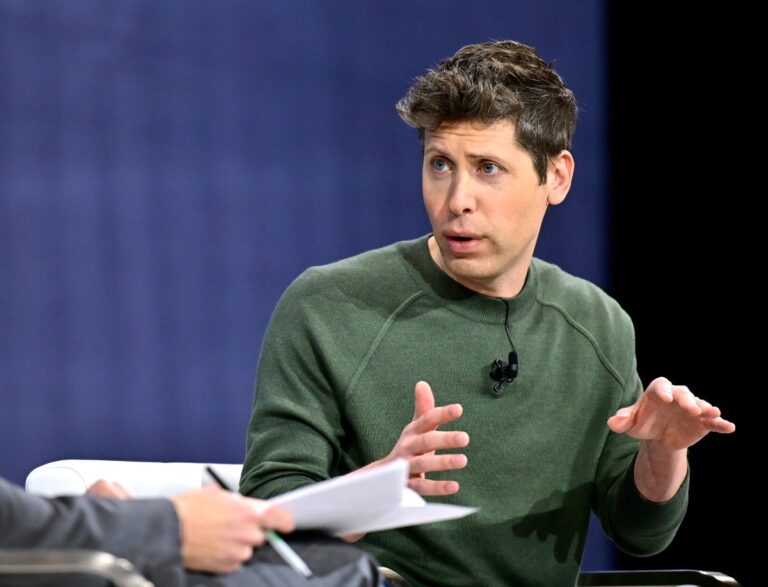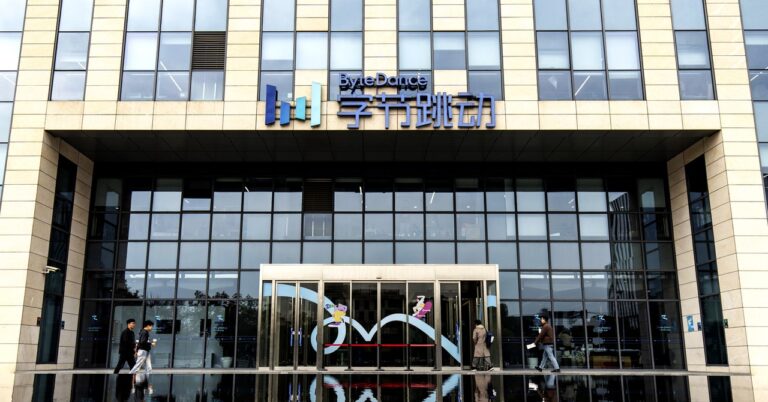Encyclopedia Britannica Is Now an AI Company
Once an icon of the 20th century seen as obsolete in the 21st, Encyclopaedia Britannica—now known as just Britannica— is all in on artificial intelligence, and may soon go public at a valuation of nearly $1 billion, according to the New York Times.
Until 2012 when printing ended, the company’s books served as the oldest continuously published, English-language encyclopedias in the world, essentially collecting all the world’s knowledge in one place before Google or Wikipedia were a thing. That has helped Britannica pivot into the AI age, where models benefit from access to high-quality, vetted information. More general-purpose models like ChatGPT suffer from hallucinations because they have hoovered up the entire internet, including all the junk and misinformation.
While it still offers an online edition of its encyclopedia, as well as the Merriam-Webster dictionary, Britannica’s biggest business today is selling online education software to schools and libraries, the software it hopes to supercharge with AI. That could mean using AI to customize learning plans for individual students. The idea is that students will enjoy learning more when software can help them understand the gaps in their understanding of a topic and stay on it longer. Another education tech company, Brainly, recently announced that answers from its chatbot will link to the exact learning materials (i.e. textbooks) they reference.
Britannica’s CEO Jorge Cauz also told the Times about the company’s Britannica AI chatbot, which allows users to ask questions about its vast database of encyclopedic knowledge that it collected over two centuries from vetted academics and editors. The company similarly offers chatbot software for customer service use cases.
Britannica told the Times it is expecting revenue to double from two years ago, to $100 million.
A company in the space of selling educational books that has seen its fortunes go the opposite direction is Chegg. The company has seen its stock price plummet almost in lock-step with the rise of OpenAI’s ChatGPT, as students canceled their subscriptions to its online knowledge platform.
Similar to the rise of Wikipedia before, it seems many people appreciate the access and convenience of ChatGPT, even if they know it cannot be trusted entirely. Chegg has long had an online Q&A platform for homework help where users can pay to submit questions and get answers back. But during the pandemic it saw a flood of new users, threw contractors at answering new questions, and simply could not keep up with ChatGPT. Users have complained that solutions on Chegg are too often wrong, especially when they are submitted by other users rather than professionals.
Perhaps the prestigious brand and legacy of Britannica will help it succeed in this new age where chatbots are still apt to return wrong information. It seems like schools are at least willing to pay for access to something they are more confident in.







